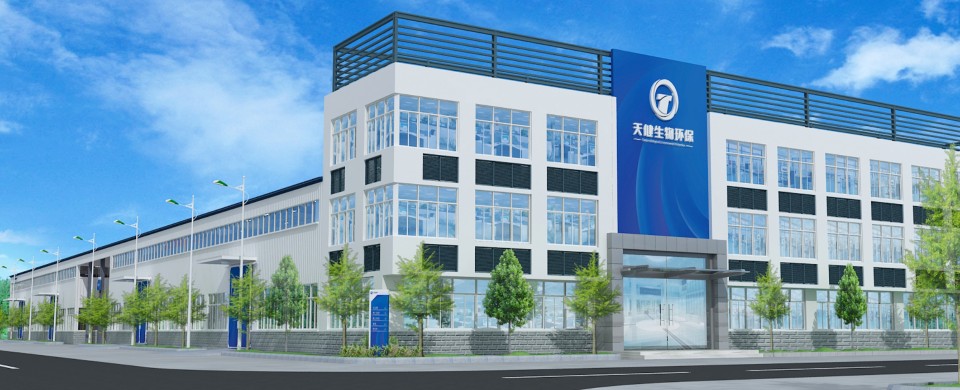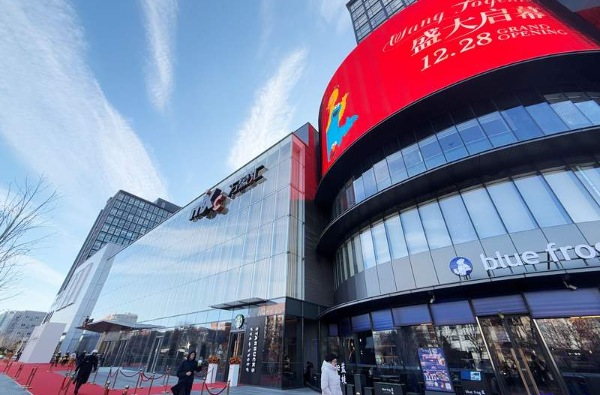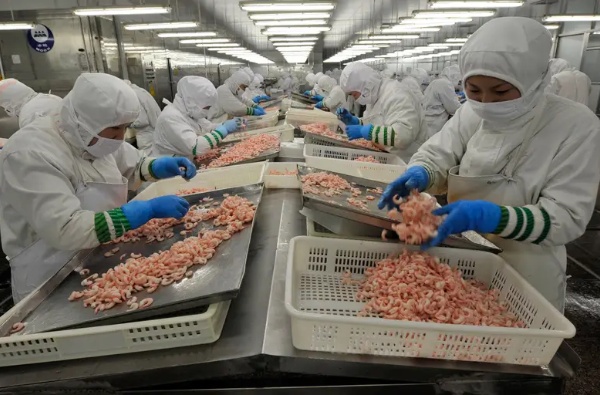

The Importance of Oil Water Separator
Oil-water separators play a crucial role in protecting the environment and maintaining infrastructure. These devices effectively remove animal and plant oils, as well as grease, from wastewater, preventing blockages in pipelines and safeguarding sewage systems. In industries like catering, food processing, and commercial buildings, oil and grease waste is commonly produced, which can cause severe environmental pollution if not treated. By separating the oil from the water, oil-water separators reduce the risk of water contamination, preserve aquatic ecosystems, and ensure compliance with environmental regulations. Moreover, they help maintain the hygiene and safety of facilities by preventing the buildup of harmful bacteria and odors. Additionally, recovered oils can be repurposed to produce biodiesel, providing an economic benefit. As a key component in wastewater management, oil-water separators support sustainable practices, improve operational efficiency, and contribute to environmental responsibility.
Talk to our expertHow Does Oil Water Separator Work?
An oil water separator is designed to efficiently remove oil and solid waste from catering wastewater, ensuring it meets discharge standards. The fully automated system operates without manual intervention and plays a crucial role in protecting urban sewage infrastructure and the environment. Its process consists of three key stages: solid-liquid separation, oil-water separation, and wastewater lifting and discharge.

Solid-Liquid Separation
When wastewater enters the system, it often carries solid debris. The first stage uses a screw conveyor to remove particles larger than 5mm, directing them into a waste bin. This pre-treatment ensures that only filtered wastewater enters the separation chamber, laying the foundation for a more effective oil-water separation process.

Oil Water Separation
Within the separation chamber, a precisely engineered labyrinth structure controls the water’s flow rate and retention time. This allows grease, which is lighter than water, to naturally rise to the surface. An automatic scraping board collects the floating oil into a dedicated tank. For finer separation, an optional micro-nano air flotation unit can be added to capture smaller oil particles.

Wastewater Lifting and Discharge
Once the wastewater is free of solids and oil, it flows into a lifting tank. Liquid level sensors automatically activate one of two pumps to discharge the treated water. The pumps alternate for reliability, and during peak flow, both can operate simultaneously to maintain continuous and efficient system performance.
What Businesses Need Commercial Oil Water Separator
Over the years TianJian has worked with hundreds of businesses such as:

Restaurants

School Cafeterias

Hotels / Golf Clubs

Commercial Buildings Malls

Food Processing Plants

Hospitals and more
Why You Need a Oil Water Separator
Installing a grease trap is not only a requirement for compliance but also a proactive measure to ensure smooth operations in your commercial kitchen. Here are three key reasons why a grease trap is essential:

Regulatory Compliance
Environmental regulations, such as the IPC standards in the U.S., require businesses in the catering and foodservice sectors to install oil-water separators to avoid discharging untreated oils into sewage systems. Non-compliance can result in fines, which can range from hundreds to thousands of dollars per violation, depending on local regulations. Installing separators ensures adherence to these standards and avoids penalties.

Pipeline Protection and Cost Reduction
Oils and fats that accumulate in plumbing can cause blockages, leading to costly maintenance. Pipeline clearing expenses can reach several thousand dollars per service. By installing oil-water separators, businesses can prevent oil from entering the system, reducing the risk of clogs and minimizing the need for expensive repairs, saving both time and money.

Environmental Responsibility and Economic Gain
Discharging untreated oils into sewage systems or natural water bodies causes severe water pollution and ecosystem disruption. Additionally, untreated oil waste can lead to hygiene issues, including bacterial growth and odors. However, recovered oils can be repurposed into biodiesel, providing economic benefits. In Europe, waste oil is valued at around €300 per ton, generating extra revenue.

17+
Since 2007
10000+
Happy Customers
100+
Regions/Countries
300+
Projects
Why Choose Us?

Innovative Leadership
With 156 intellectual property rights and leadership in developing three national industry standards, we drive industry advancements.

Expertise & Experience
Over 17 years in the industry, delivering tailored solutions across sectors like real estate, hospitality, schools, and commercial kitchens.

Research Excellence
Our national R&D center for oil-water separation technologies fosters continuous innovation and technological progress.

Advanced Facilities
Spanning over 33,000 square meters, our facilities produce more than 20,000 units annually, ensuring timely delivery and quality.

Strong Industry Presence
Established in 2007, with nearly 300 employees and operations across world, we offer comprehensive environmental solutions.

Global Reach
Serving clients across Philippines, Spain, Indonesia, Thailand, Vietnam, and more, driving global environmental sustainability.
Trusted by some of the worlds leading brands








